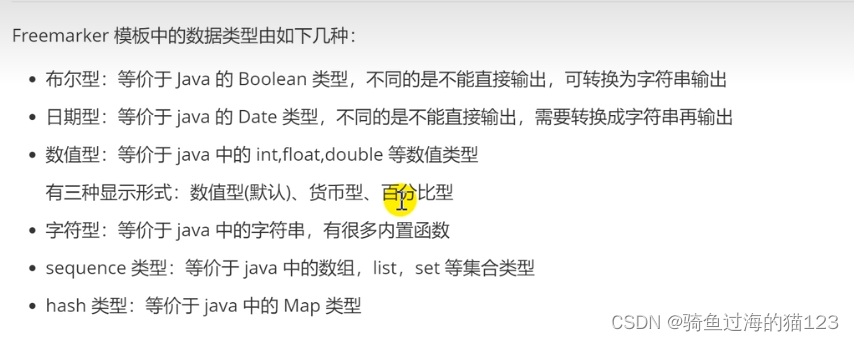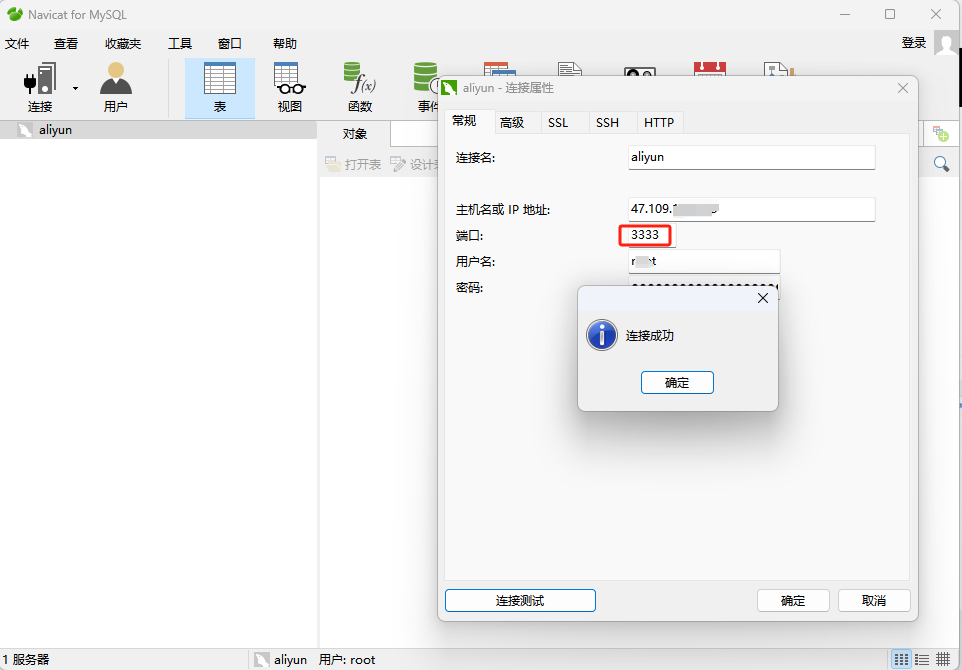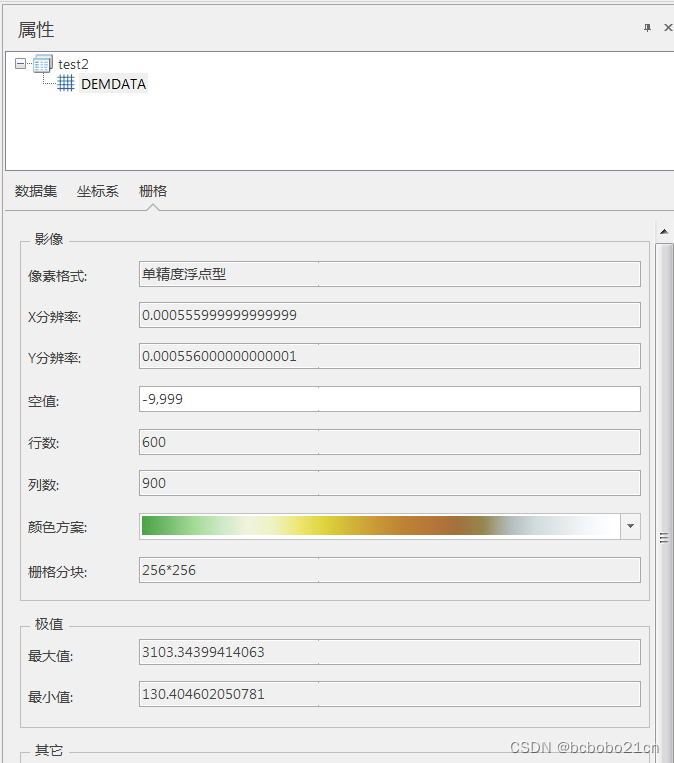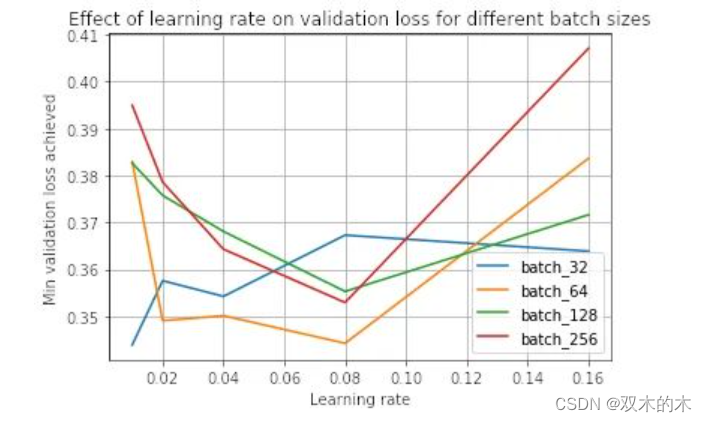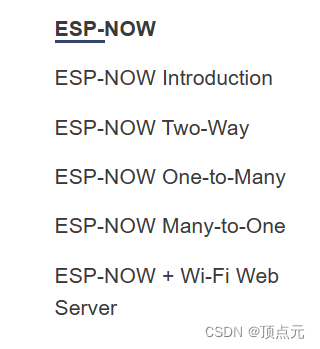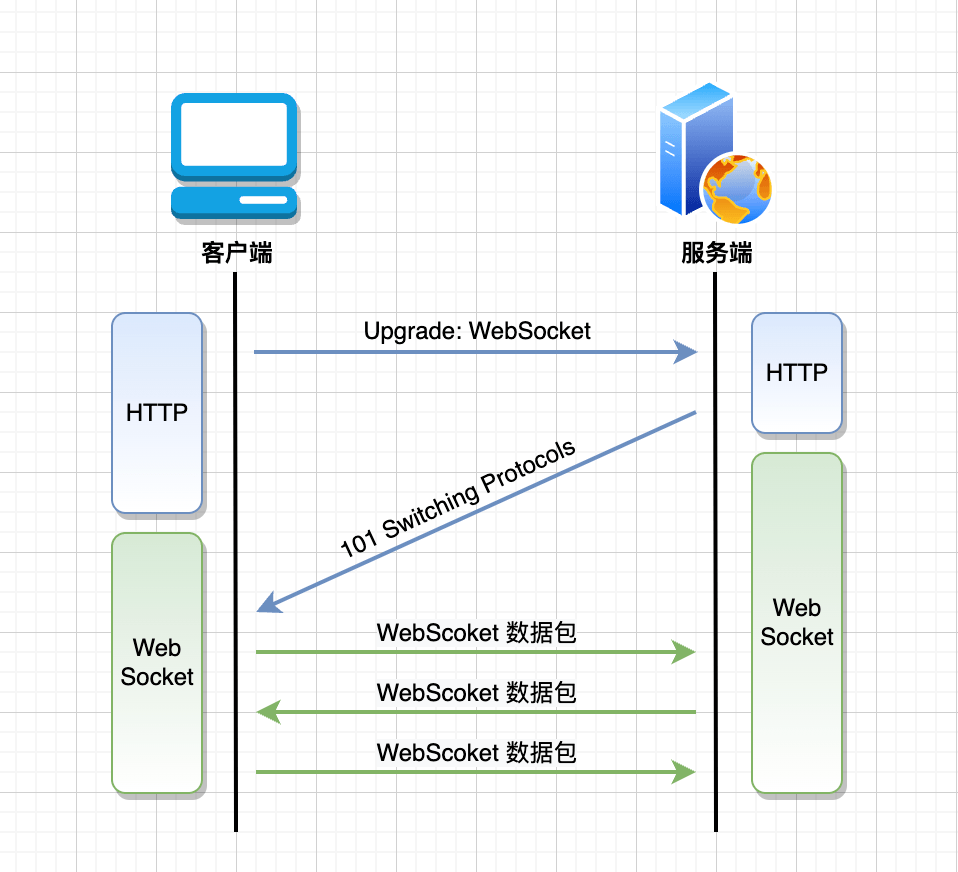文章目录
- 1 Employee
- 2 SalariedEmployee
- 3 HourlyEmployee
- 4 SalesEmployee
- 5 BasePlusSalesEmployee
- 6 测试类 Example17
- 7 完整代码
某公司的雇员分为5类,每类员工都有相应的封装类,这5个类的信息如下所示。
(1) Employee:这是所有员工总的父类。
① 属性:员工的姓名,员工的生日月份
② 方法:getSalary(int month) 根据参数月份来确定工资,如果该月员工过生日,则公司会额外奖励100 元。
(2) SalariedEmployee:Employee 的子类,拿固定工资的员工。
① 属性:月薪。
(3)HourlyEmployee:Employee 的子类,按小时拿工资的员工,每月工作超出160小时的部分按照1.5 倍工资发放。
① 属性:每小时的工资、每月工作的小时数。
(4) SalesEmployee:Employee 的子类,销售,工资由月销售额和提成率决定。
① 属性:月销售额、提成率。
(5) BasePlusSalesEmployee:SalesEmployee 的子类,有固定底薪的销售人员,工资由底薪加上销售提成部分。
① 属性:底薪。
本题要求根据上述雇员分类,编写一个程序,实现以下功能:
(1)创建一个Employee 数组,分别创建若干不同的Employee对象,并打印某个月的工资。
(2)每个类都完全封装,不允许非私有化属性。
完整代码在最后
1 Employee
(1) Employee:这是所有员工总的父类。
① 属性:员工的姓名,员工的生日月份
② 方法:getSalary(int month) 根据参数月份来确定工资,如果该月员工过生日,则公司会额外奖励100 元。
//(1) Employee:这是所有员工总的父类。
//① 属性:员工的姓名,员工的生日月份
//② 方法:getSalary(int month) 根据参数月份来确定工资,如果该月员工过生日,则公司会额外奖励100 元。
abstract class Employee {
private String name; //定义姓名,并私有化属性
private int month; //定义生日月份,私有化属性
public Employee() {
// 无参构造器
}
public Employee(String name, int month) { //有参构造
this.name = name;
this.month = month;
}
//获取属性name的方法
public String getName() {
return name;
}
//给属性name赋初始值
public void setName(String name) {
this.name = name;
}
//获取属性month的方法
public int getMonth() {
return month;
}
//给属性month赋初始值
public void setMonth(int month) {
this.month = month;
}
//方法:getSalary(int month)
public double getSalary(int month) {
double salary = 0; //定义工资变量
//判断当前月份是否是员工的生日月份,如是奖励100元
if (this.month == month) {
salary += 100;
}
return salary; //返回工资salary
}
}
2 SalariedEmployee
(2) SalariedEmployee:Employee 的子类,拿固定工资的员工。
① 属性:月薪。
//(2) SalariedEmployee:Employee 的子类,拿固定工资的员工。
//① 属性:月薪。
class SalariedEmployee extends Employee {
private double monthSalary; //封装月薪monthSalary属性
public SalariedEmployee() {
//无参构造法
}
//有参构造法
public SalariedEmployee(String name, int month, double monthSalary) {
super(name, month); //调用父类有参构造方法
this.monthSalary = monthSalary; //给属性monthSalary初始化赋值
}
//获取monthSalary的值
public double getMonthSalary() {
return monthSalary;
}
//给monthSalary赋值
public void setMonthSalary(double monthSalary) {
this.monthSalary = monthSalary;
}
//覆盖父类中的方法
@Override
public double getSalary(int month) {
double salary = monthSalary + super.getSalary(month); //重新定义工资变量,月工资加生日奖金
return salary;
}
}
3 HourlyEmployee
(3)HourlyEmployee:Employee 的子类,按小时拿工资的员工,每月工作超出160小时的部分按照1.5 倍工资发放。
① 属性:每小时的工资、每月工作的小时数。
//(3)HourlyEmployee:Employee 的子类,按小时拿工资的员工,每月工作超出160小时的部分按照1.5 倍工资发放。
//① 属性:每小时的工资、每月工作的小时数。
class HourlyEmployee extends Employee {
private double hourlySalary; //定义属性hourlySalary每小时的工资
private int hours; //定义属性hours每月工作的小时数
public HourlyEmployee() {
}
public HourlyEmployee(String name, int month, double hourlySalary, int hours) {
super(name, month); //调用父类有参构造方法
this.hourlySalary = hourlySalary; //为属性hourlySalary初始化赋值
this.hours = hours; //为属性hours 初始化赋值
}
//获取hourSalary 每小时工资的值
public double getHourlySalary() {
return hourlySalary;
}
//给hourSalary 每小时工资赋值
public void setHourlySalary(double hourlySalary) {
this.hourlySalary = hourlySalary;
}
//获取hours每月工作的小时数的值
public int getHours() {
return hours;
}
//给hours每月工作的小时数赋值
public void setHours(int hours) {
this.hours = hours;
}
//覆盖父类方法
@Override
public double getSalary(int month) {
//工作小时数异常
if (hours < 0) {
System.out.println("数据错误!");
return 0;
}
//工作时间小于160
else if (hours <= 160) {
return hourlySalary * hours + super.getSalary(month);
}
//超过160的部分 1.5倍工资
else
return hourlySalary * 160 + 1.5 * hourlySalary * (hours - 160) + super.getSalary(month);
}
}
4 SalesEmployee
(4) SalesEmployee:Employee 的子类,销售,工资由月销售额和提成率决定。
① 属性:月销售额、提成率。
//(4) SalesEmployee:Employee 的子类,销售,工资由月销售额和提成率决定。
//① 属性:月销售额、提成率。
class SalesEmployee extends Employee {
private double sales; //定义销售额sales
private double rate; //定义提成率rate
public SalesEmployee() {
}
public SalesEmployee(String name, int month, double sales, double rate) {
super(name, month);
this.sales = sales;
this.rate = rate;
}
public double getSales() {
return sales;
}
public void setSales(double sales) {
this.sales = sales;
}
public double getRate() {
return rate;
}
public void setRate(double rate) {
this.rate = rate;
}
//重写父类方法
//(1+提成率)*原销售额+其他
@Override
public double getSalary(int month) {
return this.getSales() * (1 + this.getRate()) + super.getSalary(month);
}
}
5 BasePlusSalesEmployee
(5) BasePlusSalesEmployee:SalesEmployee 的子类,有固定底薪的销售人员,工资由底薪加上销售提成部分。
① 属性:底薪。
//(5) BasePlusSalesEmployee:SalesEmployee 的子类,有固定底薪的销售人员,工资由底薪加上销售提成部分。
//① 属性:底薪。
class BasePlusSalesEmployee extends SalesEmployee {
private double baseSalary; //定义基础工资baseSalary
public BasePlusSalesEmployee() {
}
public BasePlusSalesEmployee(String name, int age, double sales, double rate, double baseSalary) {
super(name, age, sales, rate);
this.baseSalary = baseSalary;
}
public double getBaseSalary() {
return baseSalary;
}
public void setBaseSalary(double baseSalary) {
this.baseSalary = baseSalary;
}
//重写父类方法
@Override
public double getSalary(int month) {
return baseSalary + super.getSalary(month);
}
}
6 测试类 Example17
public class Example17 {
public static void main(String[] args) {
//声明一个Employee类型的数组,并创建不同子类型的对象
Employee[] employee = {
new SalariedEmployee("张三", 1, 6000),
new HourlyEmployee("李四", 2, 50, 180),
new SalesEmployee("王五", 3, 6500, 0.15),
new BasePlusSalesEmployee("赵六", 4, 5000, 0.15, 2000)
};
//打印每个员工的工资
for (int i = 0; i < employee.length; i++) {
System.out.println(Math.round(employee[i].getSalary(10)));
}
}
}
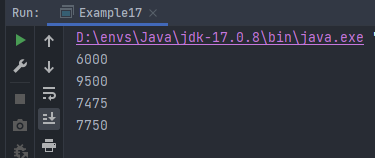
7 完整代码
//(1) Employee:这是所有员工总的父类。
//① 属性:员工的姓名,员工的生日月份
//② 方法:getSalary(int month) 根据参数月份来确定工资,如果该月员工过生日,则公司会额外奖励100 元。
abstract class Employee {
private String name; //定义姓名,并私有化属性
private int month; //定义生日月份,私有化属性
public Employee() {
// 无参构造器
}
public Employee(String name, int month) { //有参构造
this.name = name;
this.month = month;
}
//获取属性name的方法
public String getName() {
return name;
}
//给属性name赋初始值
public void setName(String name) {
this.name = name;
}
//获取属性month的方法
public int getMonth() {
return month;
}
//给属性month赋初始值
public void setMonth(int month) {
this.month = month;
}
//方法:getSalary(int month)
public double getSalary(int month) {
double salary = 0; //定义工资变量
//判断当前月份是否是员工的生日月份,如是奖励100元
if (this.month == month) {
salary += 100;
}
return salary; //返回工资salary
}
}
//(2) SalariedEmployee:Employee 的子类,拿固定工资的员工。
//① 属性:月薪。
class SalariedEmployee extends Employee {
private double monthSalary; //封装月薪monthSalary属性
public SalariedEmployee() {
//无参构造法
}
//有参构造法
public SalariedEmployee(String name, int month, double monthSalary) {
super(name, month); //调用父类有参构造方法
this.monthSalary = monthSalary; //给属性monthSalary初始化赋值
}
//获取monthSalary的值
public double getMonthSalary() {
return monthSalary;
}
//给monthSalary赋值
public void setMonthSalary(double monthSalary) {
this.monthSalary = monthSalary;
}
//覆盖父类中的方法
@Override
public double getSalary(int month) {
double salary = monthSalary + super.getSalary(month); //重新定义工资变量,月工资加生日奖金
return salary;
}
}
//(3)HourlyEmployee:Employee 的子类,按小时拿工资的员工,每月工作超出160小时的部分按照1.5 倍工资发放。
//① 属性:每小时的工资、每月工作的小时数。
class HourlyEmployee extends Employee {
private double hourlySalary; //定义属性hourlySalary每小时的工资
private int hours; //定义属性hours每月工作的小时数
public HourlyEmployee() {
}
public HourlyEmployee(String name, int month, double hourlySalary, int hours) {
super(name, month); //调用父类有参构造方法
this.hourlySalary = hourlySalary; //为属性hourlySalary初始化赋值
this.hours = hours; //为属性hours 初始化赋值
}
//获取hourSalary 每小时工资的值
public double getHourlySalary() {
return hourlySalary;
}
//给hourSalary 每小时工资赋值
public void setHourlySalary(double hourlySalary) {
this.hourlySalary = hourlySalary;
}
//获取hours每月工作的小时数的值
public int getHours() {
return hours;
}
//给hours每月工作的小时数赋值
public void setHours(int hours) {
this.hours = hours;
}
//覆盖父类方法
@Override
public double getSalary(int month) {
//工作小时数异常
if (hours < 0) {
System.out.println("数据错误!");
return 0;
}
//工作时间小于160
else if (hours <= 160) {
return hourlySalary * hours + super.getSalary(month);
}
//超过160的部分 1.5倍工资
else
return hourlySalary * 160 + 1.5 * hourlySalary * (hours - 160) + super.getSalary(month);
}
}
//(4) SalesEmployee:Employee 的子类,销售,工资由月销售额和提成率决定。
//① 属性:月销售额、提成率。
class SalesEmployee extends Employee {
private double sales; //定义销售额sales
private double rate; //定义提成率rate
public SalesEmployee() {
}
public SalesEmployee(String name, int month, double sales, double rate) {
super(name, month);
this.sales = sales;
this.rate = rate;
}
public double getSales() {
return sales;
}
public void setSales(double sales) {
this.sales = sales;
}
public double getRate() {
return rate;
}
public void setRate(double rate) {
this.rate = rate;
}
//重写父类方法
//(1+提成率)*原销售额+其他
@Override
public double getSalary(int month) {
return this.getSales() * (1 + this.getRate()) + super.getSalary(month);
}
}
//(5) BasePlusSalesEmployee:SalesEmployee 的子类,有固定底薪的销售人员,工资由底薪加上销售提成部分。
//① 属性:底薪。
class BasePlusSalesEmployee extends SalesEmployee {
private double baseSalary; //定义基础工资baseSalary
public BasePlusSalesEmployee() {
}
public BasePlusSalesEmployee(String name, int age, double sales, double rate, double baseSalary) {
super(name, age, sales, rate);
this.baseSalary = baseSalary;
}
public double getBaseSalary() {
return baseSalary;
}
public void setBaseSalary(double baseSalary) {
this.baseSalary = baseSalary;
}
//重写父类方法
@Override
public double getSalary(int month) {
return baseSalary + super.getSalary(month);
}
}
//定义一个测试类
public class Example17 {
public static void main(String[] args) {
//声明一个Employee类型的数组,并创建不同子类型的对象
Employee[] employee = {
new SalariedEmployee("张三", 1, 6000),
new HourlyEmployee("李四", 2, 50, 180),
new SalesEmployee("王五", 3, 6500, 0.15),
new BasePlusSalesEmployee("赵六", 4, 5000, 0.15, 2000)
};
//打印每个员工的工资
for (int i = 0; i < employee.length; i++) {
System.out.println(Math.round(employee[i].getSalary(10)));
}
}
}









